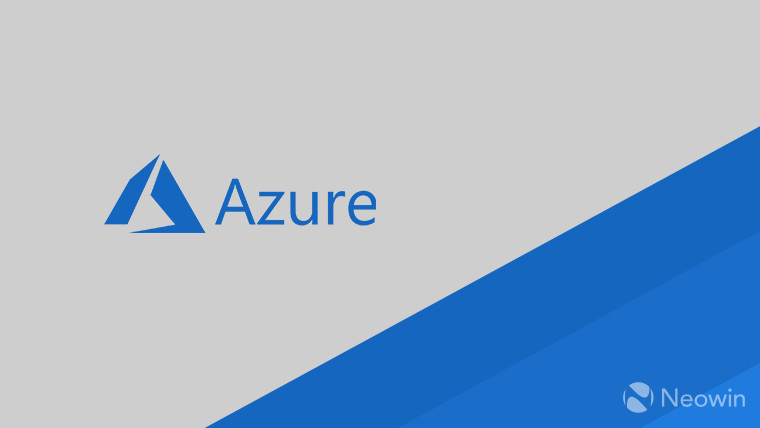
Back in February, Microsoft announced its plans to light up healthcare data via Azure API for FHIR (Fast Healthcare Interoperability Resource), with the company having described FHIR as "becoming turnkey for interoperability and machine learning on healthcare data". The standard was designed to facilitate the exchange and management of data while helping healthcare providers build and maintain services on top.
Now, Microsoft has moved Azure API for FHIR into general availability, making it "the first cloud with a fully managed, first-party service to ingest, persist, and manage healthcare data in the native FHIR format". Customers, who may include researchers, developers, or device manufacturers, can use the company"s new Platform-as-a-Service (PaaS) to free up time otherwise spent on operational management tasks that can instead be invested in analytics and machine learning development opportunities.
With respect to the PaaS, Professor Neil Sebire, Chief Research Information Officer at Great Ormand Street Hospital (GOSH) in London said:
"We now have a unified API as a basis for designing, testing, and deploying the next generation of machine learning and digital services in the hospital for our young patients. This will also enable rapid and easier collaboration with our international pediatric hospital partners to share specialised tools to improve patient outcomes and experience."
Microsoft has also outlined a number of key features of Azure API for FHIR, which include:
- Provision and start running an enterprise-grade, managed FHIR service in just a few minutes
- Support for R3 and R4 of the FHIR Standard
- Role Based Access Control (RBAC) – allowing you to manage access to your data at scale
- Audit log tracking for access, creation, modification, and reads within each data store
- Secure compliance in the cloud: ISO 27001:2013 certified, supports HIPAA and GDPR, and built on the HITRUST-certified Azure platform
- Global Availability and Protection of your data with multi-region failover
- SMART on FHIR functionality
While the Redmond giant earlier this year announced plans to shutter its HealthVault service, set to take place in a month from now, it seems that Microsoft has its eyes set on bigger things when it comes to health data in general.